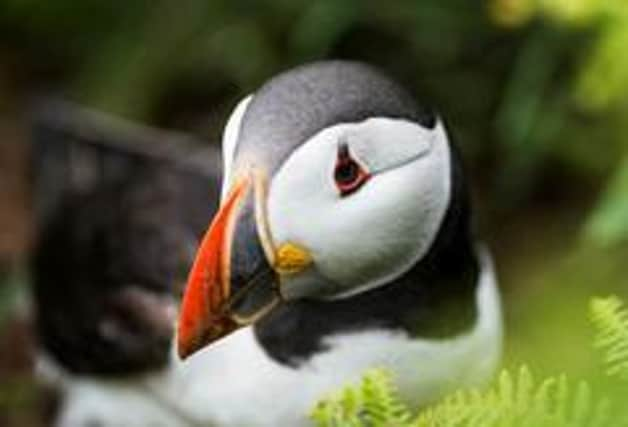RSPB NI : The new State of Nature reports confirms the shocking decline in Northern Ireland’s wildlife


More than 60 research and conservation organisations, including RSPB NI, have worked in partnership to launch a new report showing how Northern Ireland is now one of the most nature-depleted countries in the world, with 12 per cent of the species assessed facing extinction.
The evidence from the last 50 years shows that the way we manage our land, and the ongoing effects of climate change are having the biggest impacts on our wildlife. Recently the scenes at Lough Neagh have horrified us all and shows why we need to stand up and act for nature.
Advertisement
Hide AdAdvertisement
Hide AdThe report shows that Northern Ireland has a 43 per cent decline in farmland bird species, like the Yellowhammer, since 1966. The proof is there right in front of us, nature is in trouble. That’s why RSPB NI is calling for better funding for nature-friendly farming, to help species that are threatened with extinction, like the Corncrake and the Curlew; two red-listed species that RSPB NI have been working to protect for more than a decade.
It's not just farmland birds that are in trouble, our beloved Puffins, Kittiwakes and Guillemots are also under threat. Imagine a visit to Rathlin Island with no seabirds to greet us in the summertime. It would be a sad sight and one I would greatly miss. That’s why RSPB NI is urging decision-makers to deliver a bold Seabird Conservation Strategy, to create a plan that will help support our marine life. With 21 seabird species facing further loss, this is a matter of urgency.
However, it’s not all bad news – the report shows that communities, conservation projects and legislation can have a positive impact on nature and the wider environment.
You can help by writing to your local MLA to highlight this and outlining what they can do to help, as we’re at a point now where #NatureCan’tWait.
Nature is in crisis, and we need our politicians to act now to protect it. Support RSPB NI’s campaign and tell our leaders to act now. Visit https://bit.ly/RSPBNINewsletterNCW to get involved.